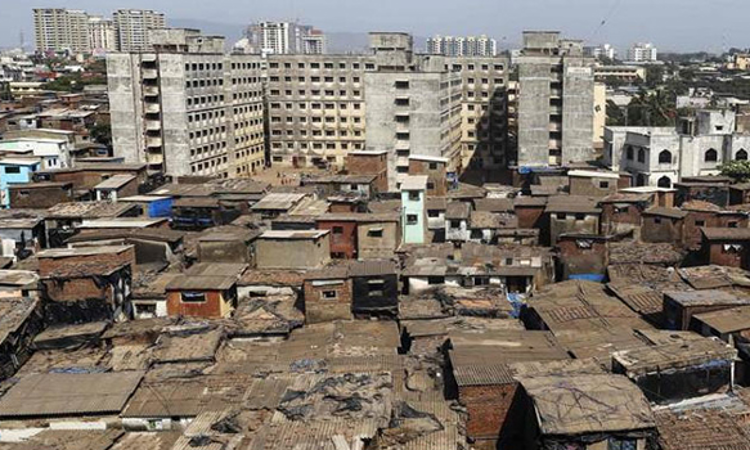Bombay High Court Constitutes Special Bench To Review Effectiveness Of Maharashtra Slum Areas Act
Narsi Benwal
13 Aug 2024 7:21 PM IST

Next Story
13 Aug 2024 7:21 PM IST
The Bombay High Court on Tuesday issued a notification constituting a special bench to hear the suo motu Public Interest Litigation (PIL) petition for conducting a comprehensive audit of the Maharashtra Slum Areas (Improvement, Clearance & Redevelopment) Act of 1971.The notification issued by HM Bhosale, Registrar Judicial (I), states that the Chief Justice of the High Court has constituted...
